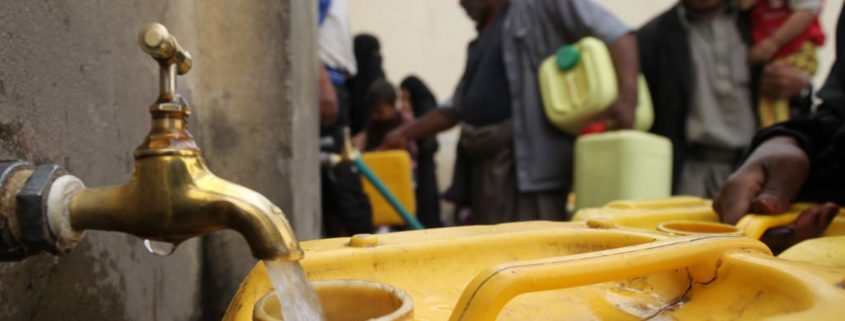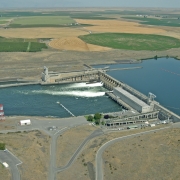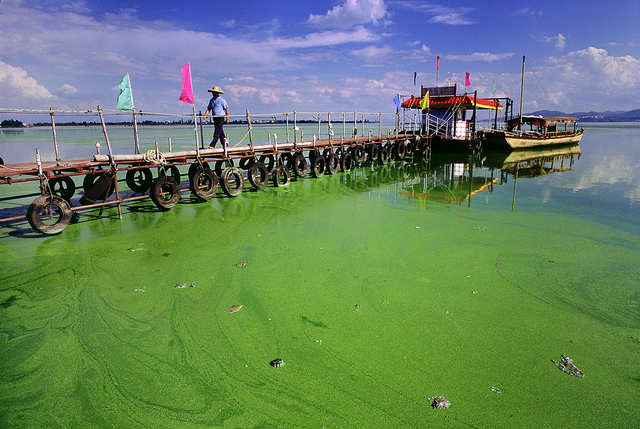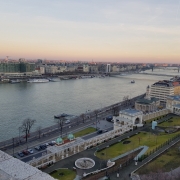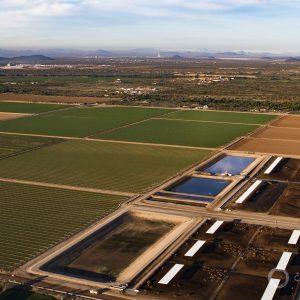HotSpots H2O, March 21: Conflict in Yemen Leaves Millions Hungry and Thirsty
The Global Rundown
Yemen hovers at the “point of no return” as conflict leaves millions hungry and thirsty. A United Nations report claims the Syrian government deliberately bombed the Damascus water supply, an event which left 5.5 million people without water for weeks. As the Iraqi army moves to retake Mosul from Islamic State militants, thousands remain trapped inside the Old City district without food or water. A skirmish over grazing land leaves nearly a dozen Kenyan pastoralists dead and several others injured. In India, the government introduces a bill intended to streamline inter-state water disputes.
“We keep on talking about a country that’s on the brink of famine, but for me these numbers highlight that we’re at the point of no return. If things are not done now we are going to be looking back on this and millions of children will have starved to death, and we’ll all have been aware of this for some time. That will shame us as an international community for years to come.” –Mark Kaye, Yemen’s Save the Children spokesperson, in reference to country’s impending famine. Civil war has halted food supply to Yemen and left 7 million on the brink of starvation. The Guardian
By The Numbers
600,000 Number of civilians potentially trapped inside Mosul with Islamic State militants. The Iraqi government is gradually recapturing Mosul, but militants still control several districts—including the densely-populated Old City, where food and water supplies have been cut off for days. Thousands more residents have fled the city. Reuters
10 Number of Kenyan pastoralists who were killed in a gun fight over grazing land. Dozens of others sustained gunshot wounds. Pastoralists have clashed frequently in the past several months as drought in northern Kenya worsens. Reuters
Science, Studies, And Reports
After reviewing video footage, witness accounts, and satellite imagery, the United Nations Commission of Inquiry found the Syrian army responsible for airstrikes that damaged the Damascus water supply in late 2016. The damage, which the Syrian government initially blamed on rebel forces, left 5.5 million people without water for over a month. The New York Times
On The Radar
The Indian government introduced a bill that would establish a single standing tribunal for resolving river water disputes between Indian states. The current system, which requires a separate tribunal for each dispute, has proved largely inefficient. Hindustan Times
Kayla Ritter is a recent graduate of Michigan State University, where she studied International Relations and Teaching English to Speakers of Other Languages. She is currently based in Manton, Michigan. Kayla enjoys running, writing, and traveling. Contact Kayla Ritter

